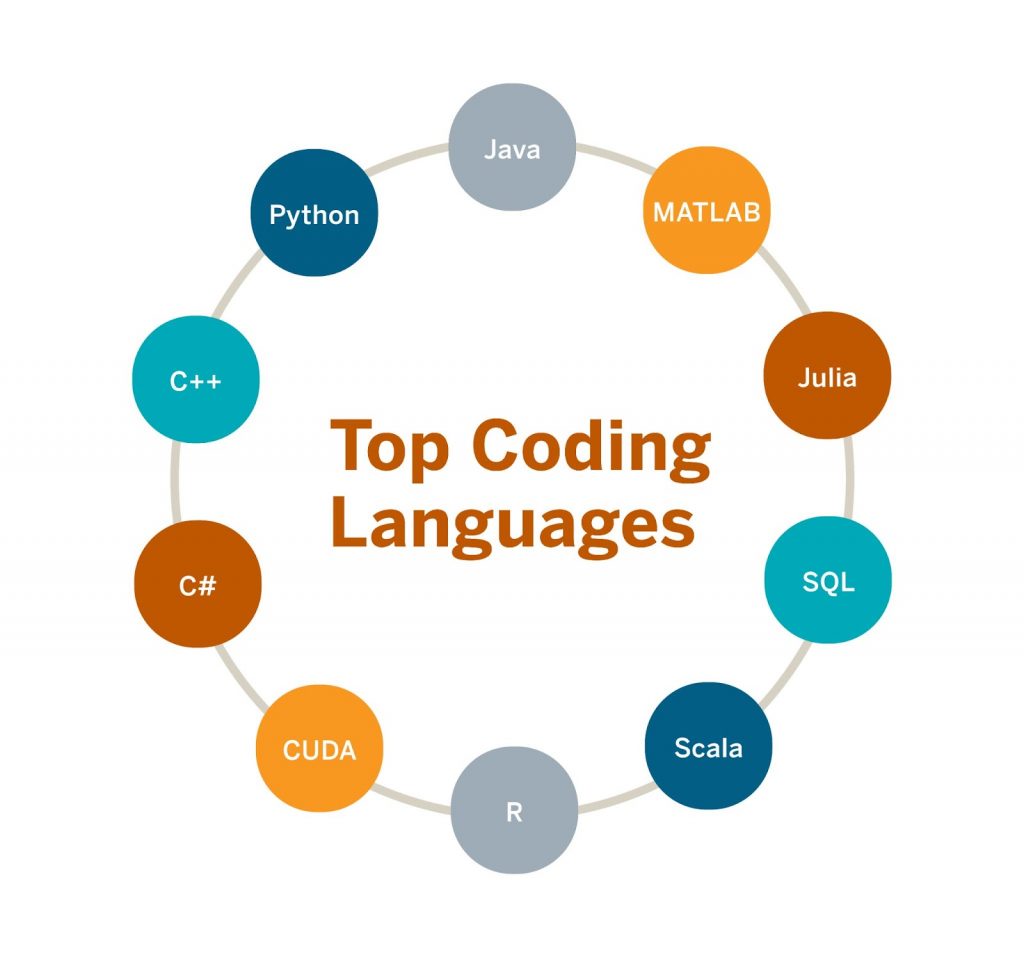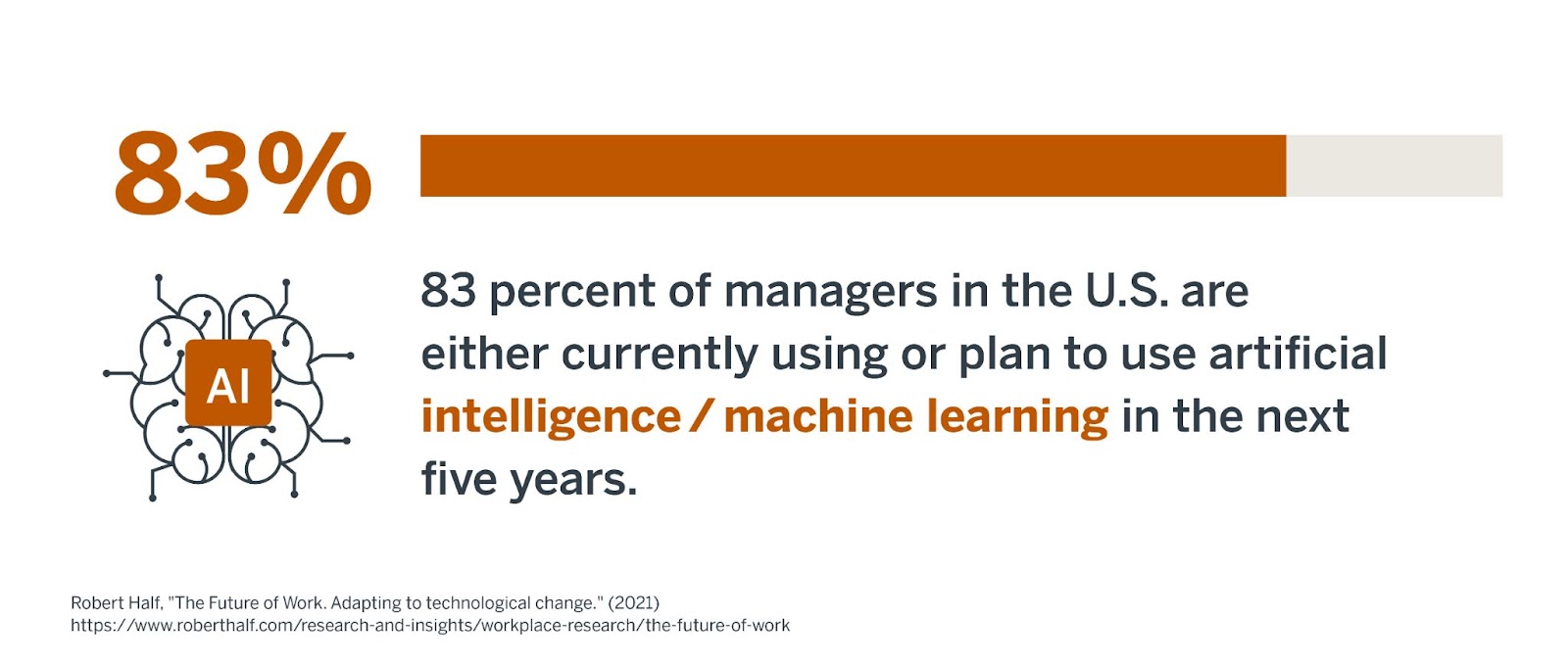Machine learning refers to the ability of computing systems to “think” like a human, and machine learning engineers work to make these systems accurate, useful, and highly detailed. Machine learning today is very complex: large sets of data are used to help build systems that make decisions and predict outcomes. Machine learning engineers are responsible for developing the algorithms that enable those systems to become more accurate over time without additional human input.
To put it into everyday context, think about anytime you ask Alexa or Siri a question and get an appropriate answer — that’s machine learning at work. These theories also enable Netflix to recommend movies you like and allow Amazon to show ads related to your previous purchases. There are endless possibilities for highly qualified machine learning engineers to build new technologies in nearly any industry.
In this article, we will discuss the machine learning engineer profession. We will also outline how you can start learning this skill — including through a data analytics bootcamp, which can help you jump-start your career in machine learning through hands-on, real-world learning.

 Live Chat
Live Chat

 As a machine learning engineer, you will enable machines to mimic human thought patterns. Your programs will need to recognize patterns, find and use large data sets, and make predictions. Having an in-depth understanding of several coding languages is essential for solving different problems, as different systems often use different languages.
As a machine learning engineer, you will enable machines to mimic human thought patterns. Your programs will need to recognize patterns, find and use large data sets, and make predictions. Having an in-depth understanding of several coding languages is essential for solving different problems, as different systems often use different languages.